By Jessica Donaldson, Accounting Services Manager in our Spanish Fork location. Jessica is proficient in QuickBooks and writes many of our QuickBooks tips.
Do you own and run your own business? Are you aware of how long you are required to hold on to receipts, invoices paid, or employee forms? Keeping your documents and records organized is vital to your business – whether you are a brand-new start-up or an established business. Good record keeping not only keeps you in compliance with many government entities, it also helps you monitor the progress of your business, keep track of deductible expenses, and be prepared for tax filing season.
We have gathered information on different records to keep and for how long, as well as some useful record keeping systems and software solutions to help you make the best business decision for your situation.
Any personnel or employment records are required by the U.S. Equal Employment Opportunity Commission to be kept for one year, including any employee that has been let go. Payroll records must also be kept for at least three years. In addition to that, records in which wage calculations are based should be kept for two years. This includes time cards, work schedules, and record of any additions or deductions from employee’s wages. It is also recommended you keep your employment tax records for at least 4 years after the tax is due or paid, whichever is later.
As far as any supporting documentation for your expenses and income, it is recommended these records are kept for 3 years from the date of the filed tax return for the given year. For example, if your 2017 receipts and documents helped you file your tax return in April 2018, you will need to keep those records for 3 years from April 2018. The tax return itself, however, should be kept for at least 7 years from the date it was filed.
Visiting https://www.irs.gov/businesses/small-businesses-self-employed/recordkeeping can give more details on what the IRS may require from a small business in regards to record keeping.
There are several different software and methods available to organize your records. Many state and federal agencies, including the IRS, are moving to electronic methods and keeping your business’ records digitally not only makes it easier to provide requested documents, but also helps maintain the quality of the document itself.
Your system can be as simple as folders on your computer or in the cloud or by purchasing a software or online subscription. There are many options available, including Hubdoc, Shoeboxed, and Veryfi. Many of these programs also have the ability to import information to your QuickBooks file as well to tie in your receipt information to the actual bookkeeping that tracks it.
Record keeping is usually an overlooked task in running a business, but there are many options to help make it easy. If you are looking or more information or for help in getting your business on track with keeping records, feel free to set up a consult with an accounting professional at Larson and Company.



